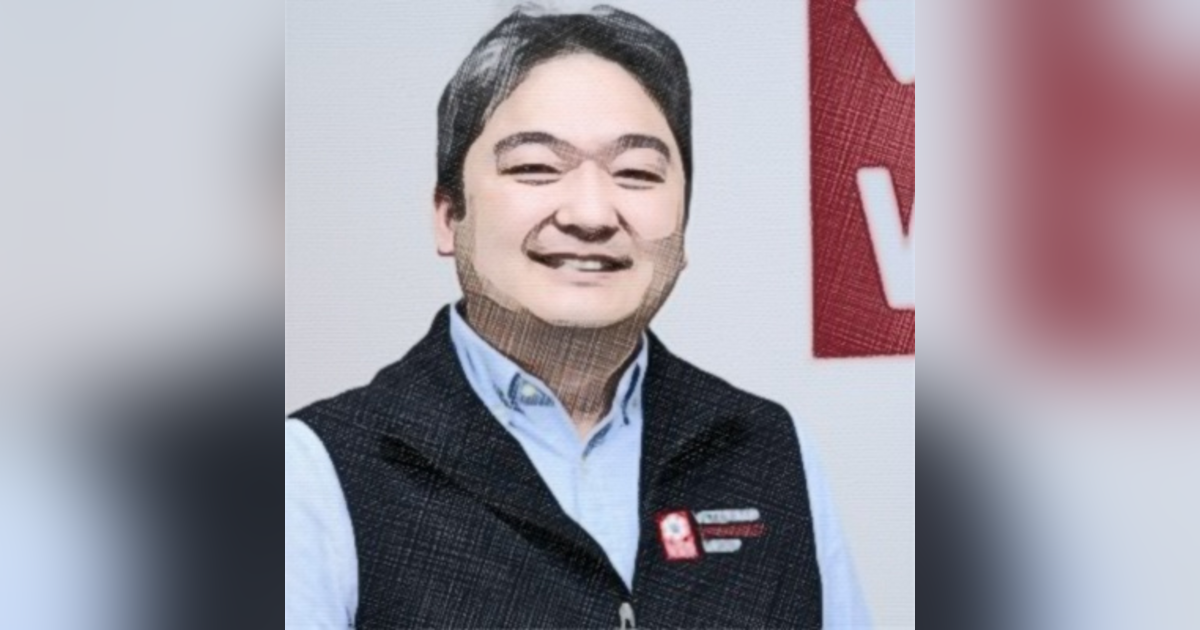#72: Re-defining veterinary nursing, with Ken Yagi.

70+ episodes into the podcast, and not a single episode with a vet nurse. Shame on us! But we're changing that with this episode through a conversation with a vet tech who is leading the charge into the future of vet nursing.
Kenichiro Yagi is Chief Veterinary Nursing Office at the Veterinary Emergency Group (VEG), where his role is to help develop career pathways in veterinary nursing and raising nursing care standards and competency. Ken is a Registered Veterinary Technician and Veterinary Technician Specialist in Emergency and Critical Care and Small Animal Internal Medicine with a Master’s Degree in Veterinary Sciences. He also serves as program director for the Recover Initiative, a global effort to standardise how veterinary CPR is performed around the world. He’s received a whole host of awards, including veterinary technician of the year in 2016, and he’s been pushing the standards of nursing for two decades through his teaching and training, speaking and writing.
"There's a lot more to veterinary medicine than just being a vet, and there's a lot more care that the patients need. And I've certainly created my own career out of it."
So who's this episode for? Well, we've always been a podcast primarily for vets, and that hasn't changed. We’d love for this conversation to help open the eyes of our vets to the possibilities, the talent and the passion that is right under your nose and to give you some ideas of what that talent is capable of and how you can help steer it. But it's definitely also an episode for nurses and techs. I challenge you as a nurse to listen to this and NOT feel the desire to find new ways to extend yourself and to make even more of a difference! Ken’s story is a real eye-opener about what is possible in your nursing career in the right environment.
Also - who's joining us live in Noosa in November with Prof David Church and Prof Jill Maddison for what promises to e the most fun vet event of the year?! Details are here - but don't book there - email us at vetvaultpodcast@gmail.com to tell us that you heard about the conference on here and we'll send you a listener-only discount code.
Go to thevetvault.com for show notes and to check out our guests’ favourite books, podcasts and everything else we talk about in the show.
If you want to lift your clinical game, go to vvn.supercast.com for a free 2-week trial of our short and sharp highly practical clinical podcasts.
We love to hear from you. If you have a question for us or you’d like to give us some feedback please get in touch via email at thevetvaultpodcast@gmail.com, or just catch up with us on Instagram. And if you like what you hear then please share the love by clicking on the share button wherever you’re listening and sending a link to someone who you think should hear this.






